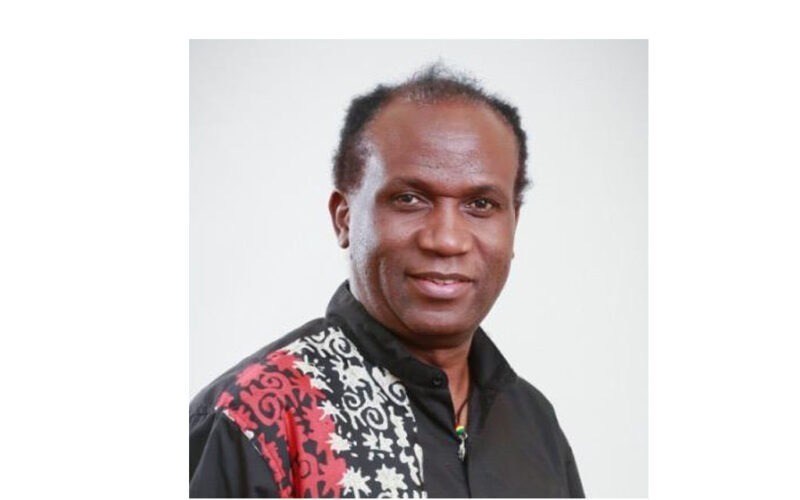Mathew Haikali
Take a moment to think about the coaches, administrators, and volunteers who pour their time and energy into developing athletes and keeping the wheels of Namibian sport turning. Many of them do this with little certainty about their future, unclear pay expectations, and often without contracts that properly recognise their skills and qualifications.
One of the biggest challenges in our sports sector—one that rarely gets the attention it deserves—is the lack of a standardised salary scale. Right now, hiring and firing in sports often feels random. There’s no consistency, no clear benchmarks tied to qualifications or experience, and it shows. Talented individuals are discouraged from staying in the field, and professionalism takes a backseat.
If we’re serious about professionalising sport in Namibia, then we need to start by creating fair, transparent, and structured pay systems. People who are qualified—whether they’re coaching youth at the grassroots level or managing national teams—deserve to know where they stand. They need to be paid fairly, not based on who they know, but on what they bring to the table.
This isn’t just a job for sports federations or clubs. The Ministry of Labour and the Ministry of Justice have a critical role to play. The current labour laws don’t speak directly to the reality that sports is no longer just a pastime—it’s a profession, a job creator, and an engine for national development. That’s why we need proper legal frameworks that protect everyone involved and ensure contracts clearly define responsibilities, pay, performance expectations, and fair exit options.
A sector-specific salary scale, grounded in solid research, would go a long way in levelling the playing field. Every sports professional should be given a clear Terms of Reference and a formal contract. Not only does this build trust, but it also gives both parties security and clarity.
Of course, salaries and contracts are just one piece of the puzzle. If we want sports in Namibia to grow and gain respect, we also need to strengthen governance structures. That means accountability not just within clubs, but at the regional and national levels too. Clear structures help ensure decisions are fair, money is well-spent, and problems are resolved openly—not behind closed doors.
Right now, without a national sports policy that clearly outlines expectations and standards, our sector is drifting. We can’t keep operating like a “headless chicken” and hope for better results.
It’s time for the Ministries of Justice and Labour to work together with the Ministry of Sport, federations, and labour unions to build a national framework that brings fairness, structure, and real professionalism to sport.
Mathew Haikali writes as a sports consultant.




